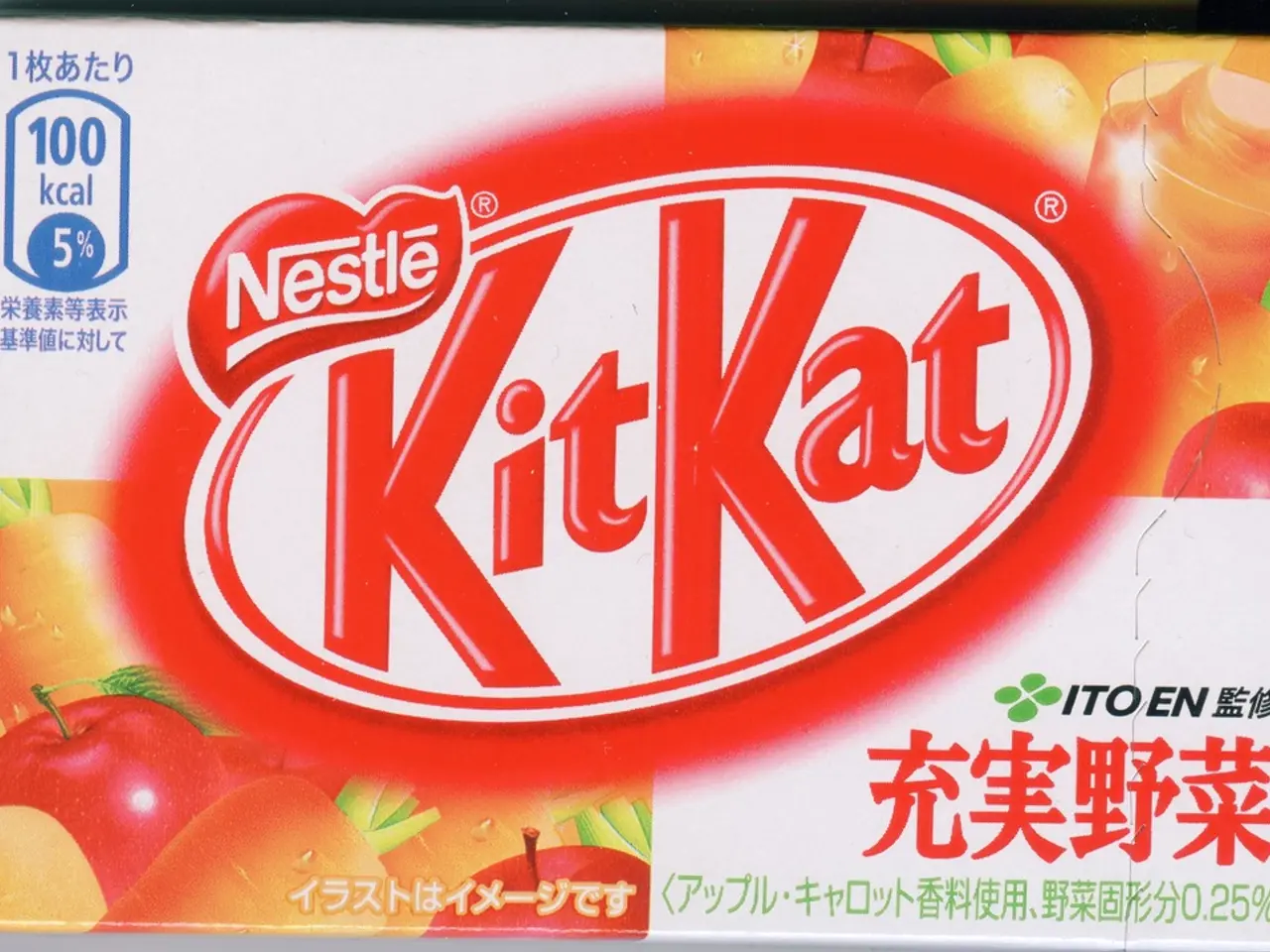Exploring the Rationale Behind the Misconception: Consuming Fat Does Not Directly Lead to Increased Body Fat
The relationship between dietary fat and weight loss, as well as overall health, has long been a topic of debate. Recent scientific evidence suggests that the type of fat and overall dietary patterns play significant roles in these outcomes.
**Type of Fat Matters**
Research indicates that not all fats are created equal. Oleic acid, a monounsaturated fat found in olive oil, has been found to promote the growth of new fat cells in animal studies by manipulating cellular signaling proteins (AKT2 and LXR). This suggests that while monounsaturated fats are often called "healthy," high intakes may unexpectedly fuel obesity in some contexts. Other types of fatty acids, such as those from coconut or peanut oil, did not have the same effect on fat cell proliferation as oleic acid.
**Dietary Patterns and Weight Loss**
Randomized controlled trials (RCTs) comparing low-fat and low-carbohydrate diets show that both can be effective for weight loss and metabolic health improvements in overweight and obese adults. Low-carbohydrate diets, which typically include higher proportions of fat and protein, tend to result in greater increases in HDL ("good" cholesterol) and smaller increases in triglycerides compared to low-fat diets, while reductions in LDL and total cholesterol are slightly less pronounced.
Replacing ultra-processed foods (UPFs) with minimally processed foods—regardless of macronutrient composition—leads to greater weight loss and reduction in body fat under calorie restriction. This suggests that the quality of food and level of processing are important, not just the fat content.
**Fat and Health Benefits**
Moderate weight loss, which can be achieved through various dietary patterns including those with higher fat content (such as low-carbohydrate or Mediterranean-style diets), has been shown to improve heart and vascular health, lower blood pressure, and improve metabolism. Weight loss, including that from low-carbohydrate (higher fat) diets, can also reduce liver fat and improve insulin sensitivity, reversing metabolic problems associated with obesity.
**Key Takeaways**
- Not all fats are equal: The type of fat matters for health and body composition, with oleic acid showing unique effects on fat cell growth. - Dietary patterns matter: Both low-fat and low-carbohydrate (higher-fat) diets can support weight loss and health improvements, depending on the individual. - Food quality is crucial: Minimally processed foods, regardless of fat content, are better for weight management and health than ultra-processed foods. - Moderate weight loss improves health: Even modest weight loss can significantly benefit heart and metabolic health.
In summary, eating fat—especially the right types in the context of whole, minimally processed foods—can support weight loss and improve health, but not all fats or dietary patterns are equally beneficial. The demonization of dietary fat began in the 1950s and gained momentum by the 1990s, leading to the creation of low-fat foods that were often loaded with added sugars and refined carbohydrates. However, the evidence for the benefits of certain fats is mounting, while the evidence in favor of a low-fat diet is thin. Embracing healthy fats in the diet means focusing on quality, not quantity, prioritizing extra virgin olive oil, avocados, nuts and seeds, fatty fish, and eggs.
- The discovery that not all fats impact health and body composition equally underscores the significance of the type of fat in one's diet, as shown by the unique effects of oleic acid on fat cell growth.
- Adopting a dietary pattern that includes quality, minimally processed foods with the right types of fat, like those found in extra virgin olive oil, avocados, nuts and seeds, fatty fish, and eggs, can support weight loss and improve overall health.




